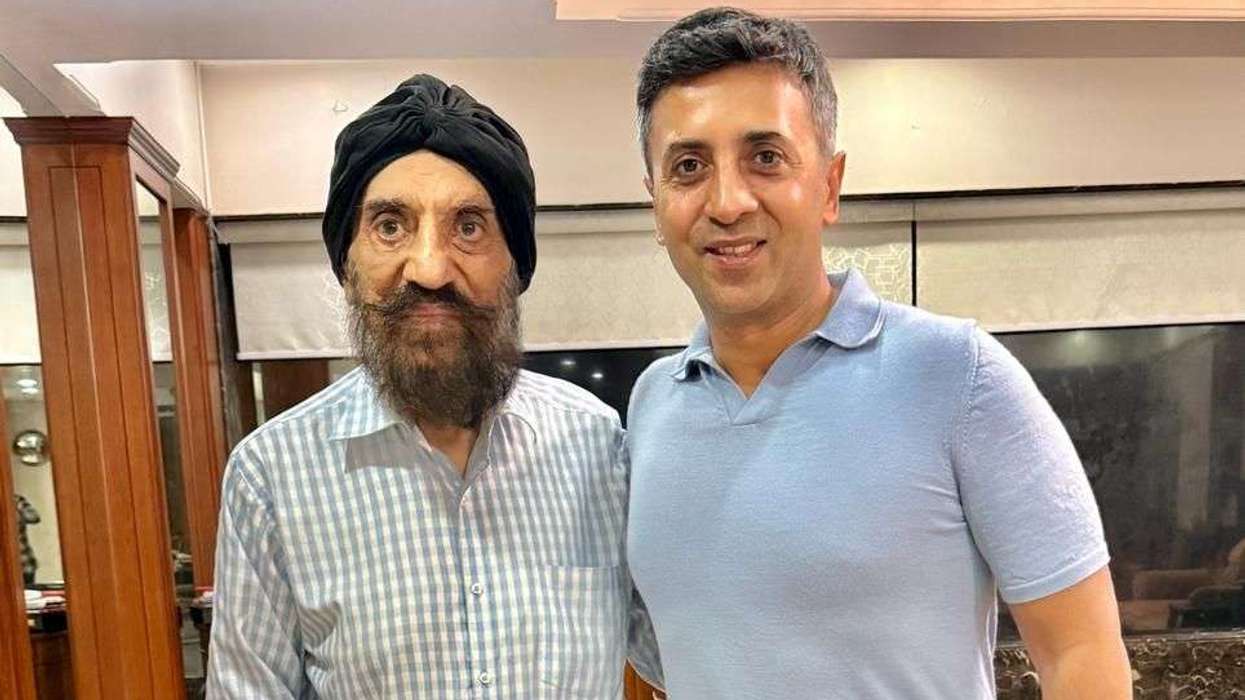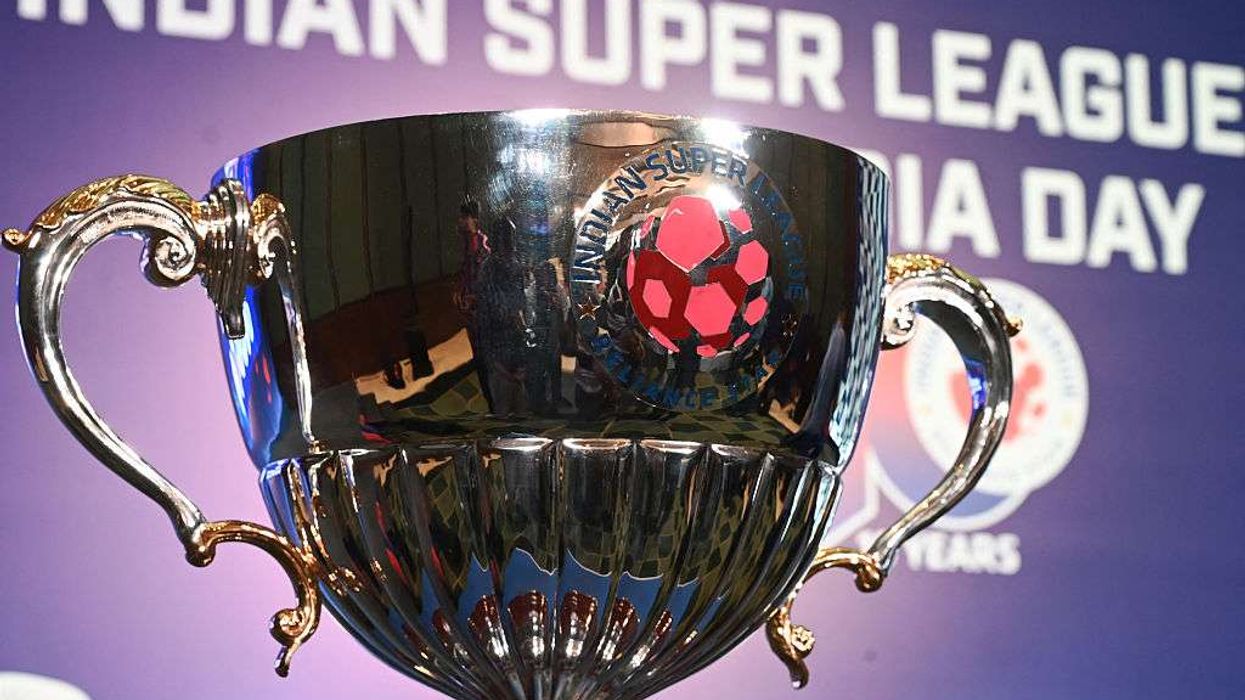Indian engineering manager Abheer was in the middle of a performance review cycle when he was suddenly laid off from his job at Google - victim of a wave of industry-wide cutbacks.
"Everything was going fine," said Abheer, 31, who asked to use a pseudonym to protect his identity. "I know a few people who actually got promoted in October and (then) they were laid off ... there's no kind of foresight that this is coming."
The wave of tech layoffs in the United States at companies including Meta Platforms Inc, Google and Amazon are upending the lives of foreign workers like Abheer who are in the country on H-1B visas reserved for "high skilled" occupations.
Under the terms of their visas, workers who are laid off face the prospect of having to leave the country in 60 days unless they can find another job or manage to change their immigration status.
Indians represented about 75% of approved special visa holder petitions in 2021, according to the US government, and industry estimates suggest they account for about a third of the roughly 200,000 tech jobs lost in the United States over the last year.
As a result, thousands of Indian workers have seen their lives turned upside down in recent months.
TICKING CLOCK
US Citizenship and Immigration Services approved about 407,000 H-1B visa petitions in 2021, the last year for which a detailed data report was available.
For many of the Indians who secured them, the current wave of job cuts could be their first experience of being laid off since they arrived in the United States, said Khanderao Kand, founder of the Global Indian Technology Professionals Association (GITPRO), a worldwide networking group.
He said people looking for help are often in a state of panic as they face a frantic search for a new job against a ticking clock. Other options, such as filing for a student visa or a visa for spouses of H-1B holders, might allow them to stay in the United States - at least temporarily - but would not give them the right to work, Kand said.
The Foundation for India and Indian Diaspora Studies (FIIDS), a nonprofit, is among the groups lobbying the U.S. government to extend the grace period for laid-off employees beyond 60 days.
Some people say the current deadline puts migrant workers at risk of labor abuses by unscrupulous bosses aware of their precarious immigration status - for example, offering less money or a more junior role than a person might otherwise command.
Speaking on condition of anonymity, a former engineering director at Google who was recently laid off said there are also significant restrictions for people on L-1 visas.
Those permits are generally granted to people in managerial or executive roles or whose jobs require specialized knowledge.
In contrast to H-1B holders, who can seek a job with another company if they are laid off, people on L-1 visas represent intracompany transfers to the United States.
"L-1 visas are lot more restrictive because you're confined to a very specific role and you can only be in that box," the former engineering director said.
"You might be missing out on promotions, benefits, on (compensation). But you don't really have an equal right to protest because then your visa is in a very risky situation."
LACKING OPTIONS
Even immigrants who have survived the recent wave of layoffs can be affected if their job status or salary is downgraded as part of corporate cost-cutting, labor specialists say.
For example, Google has said it is now pausing certain new labor certification applications, which can be part of immigrants' green card applications.
People in the United States on H-1Bs can extend beyond an initial six-year time frame - three years plus a three-year extension - if a green card application has been filed, said Tahmina Watson, a Seattle-based immigration lawyer.
"It will depend on which part of the process is being paused," Watson said. "Because these people who are at the cusp of their six years are really going to suffer."
A Google spokesperson said the company decided to pause new applications in light of the tech industry's staffing reductions and that the move would not affect current or future applications for other visa types.
"A lot of the income that I or anyone creates as an immigrant from their job ... goes back into either paying back our parents because they had saved for (college) education or paying back the loans that we have taken," Gupta said.
Such factors further compound the stress of the looming two-month deadline if they find themselves out of a job.
"It's about what that 60 days actually entails both mentally, emotionally, and also financially," she said. "Because each moment is literally like OK, we're losing a day."
(Reuters)












